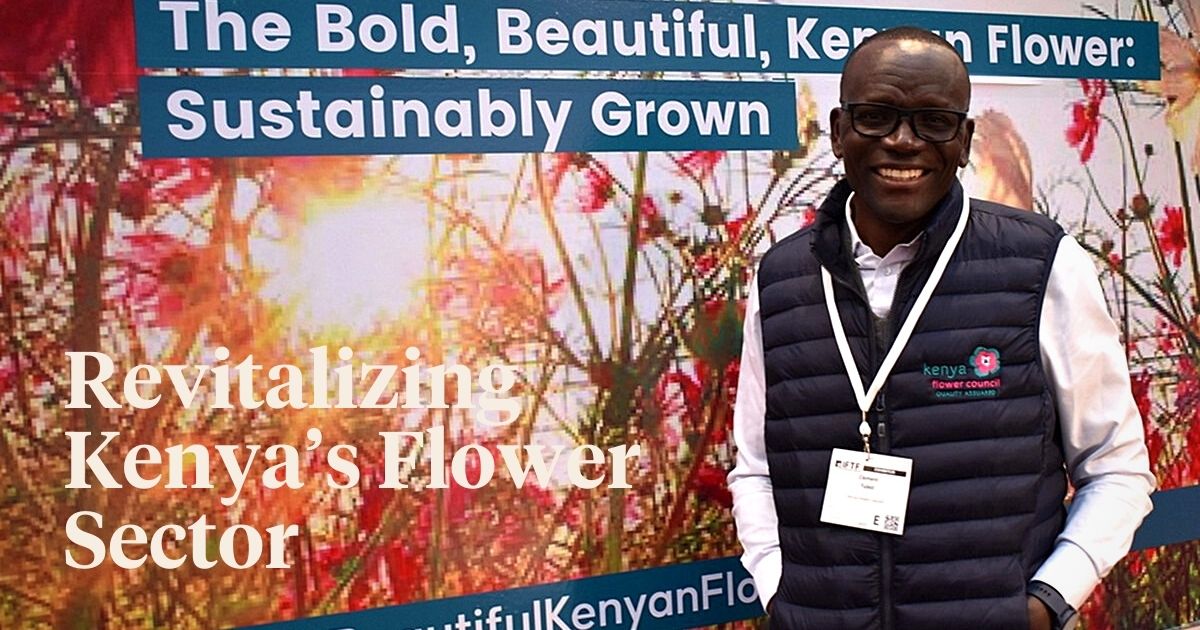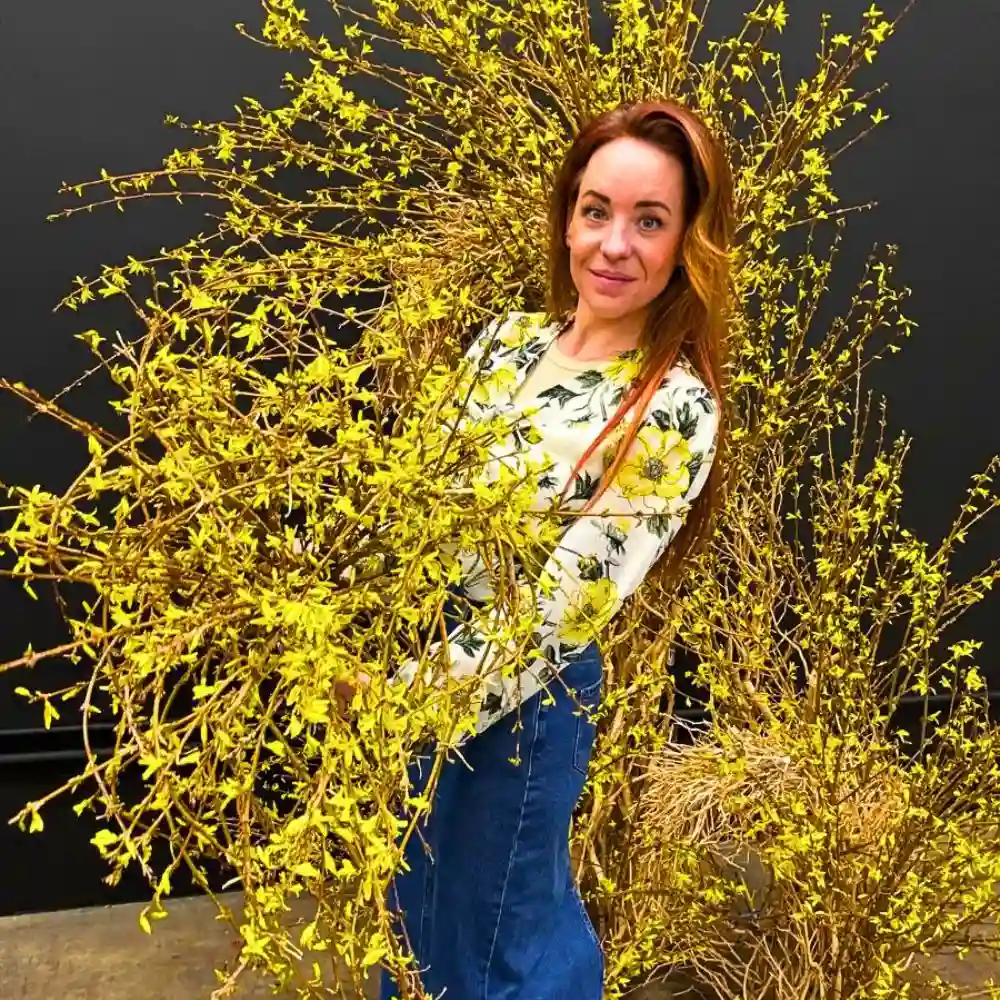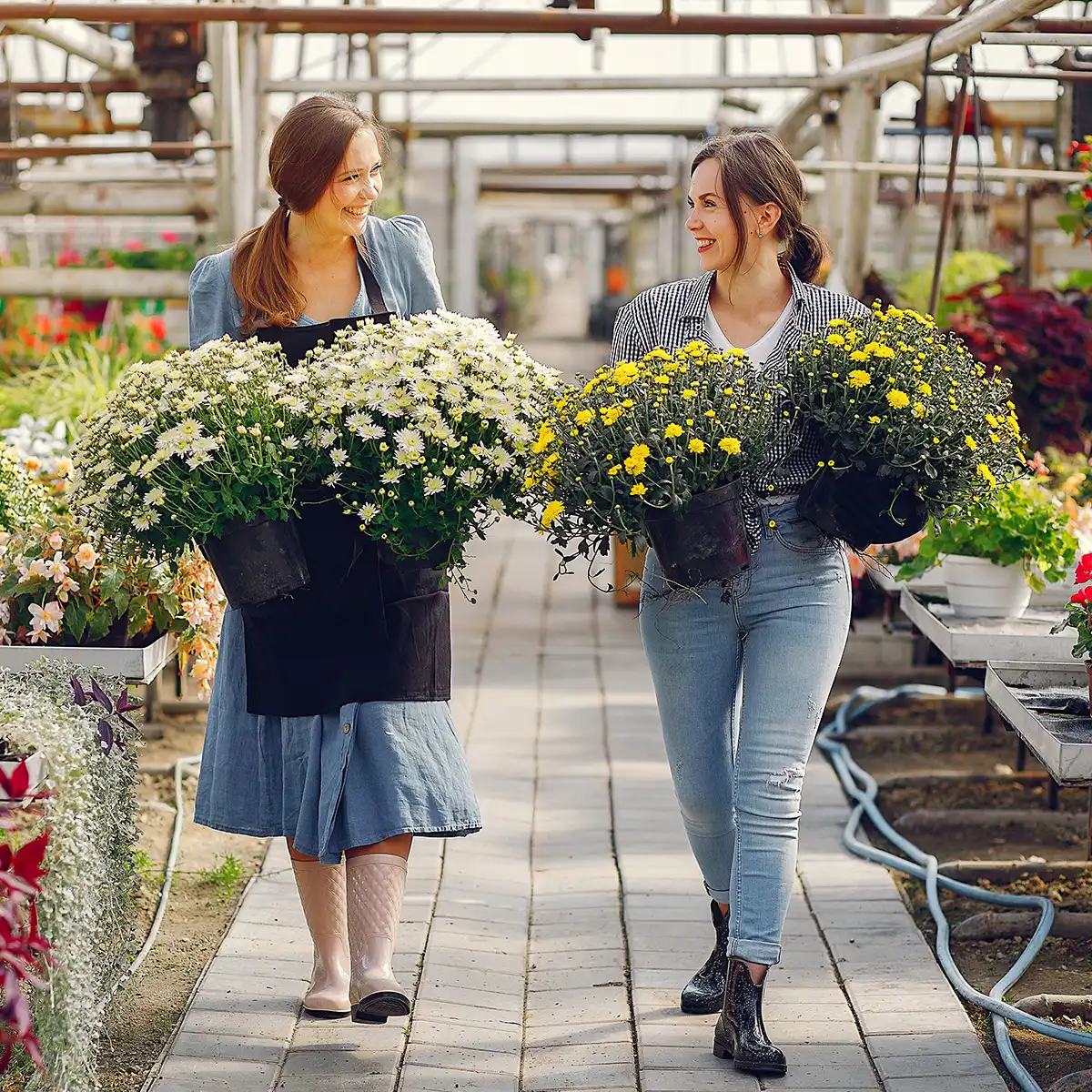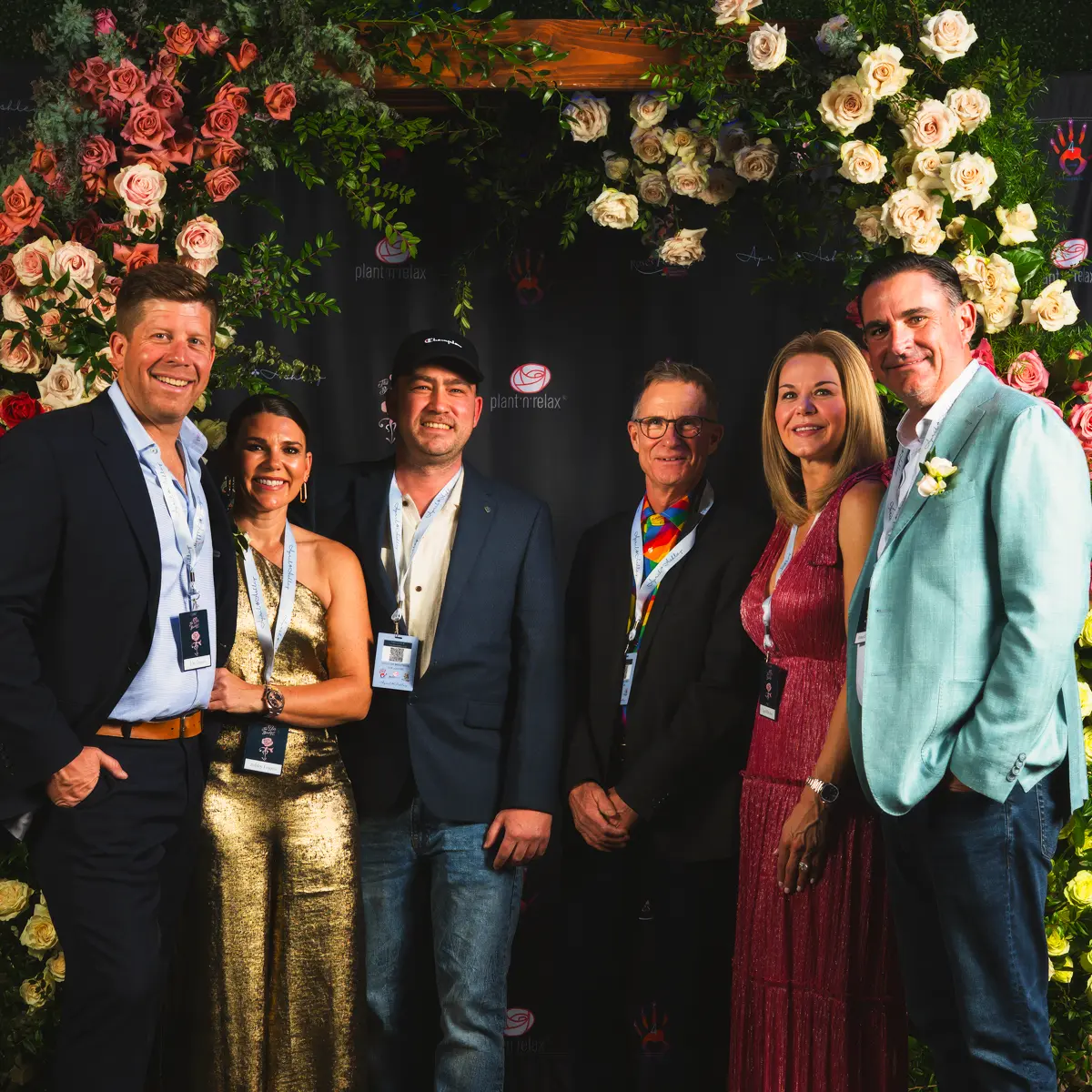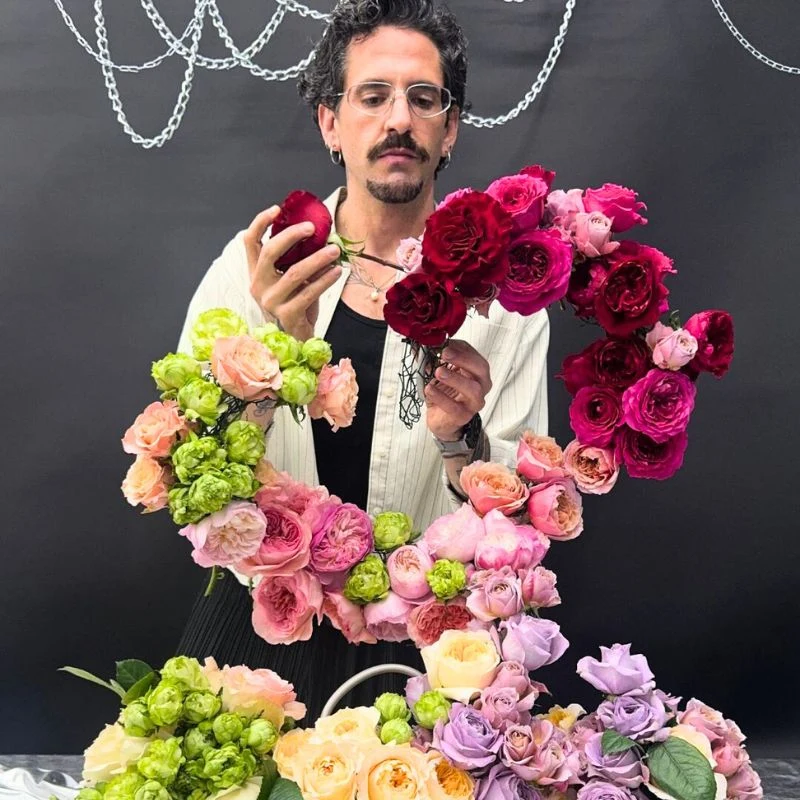Clement Tulezi is the CEO of the Kenya Flower Council (KFC), the umbrella body for the country's flower and ornamentals sector. Through KFC, Clement has been instrumental in steering the country's flower industry even through the COVID-19 period when the global flower trade was paralyzed by the effects of the pandemic.
Now that the situation is getting back to normal and the flower trade is flourishing again, his goal is to, still, steer the Kenyan flower industry to even greater heights. Here's the KFC CEO candidly speaking about himself and the general Kenyan floriculture sector.
Question 1
For those who don’t know you, who are you and what do you do?
"I am Clement Tulezi, the Kenya Flower Council (KFC) CEO. KFC is a private voluntary association of independent growers and exporters of cut flowers and ornamentals and was formed to nurture the responsible and safe production of cut flowers in Kenya while protecting the natural environment and promoting the welfare of all farm staff.
The Council was established to bring together independent growers and exporters of cut flowers and ornamentals in Kenya and seeks to provide a common platform for these growers and exporters and ensure the implementation of acceptable local and international standards.
Essentially, I work - with others in the organization - in driving the Kenyan flower industry from the private sector perspective; implementing strategies (and a vision) to make Kenya the best place to invest in cut flowers and ornamentals.
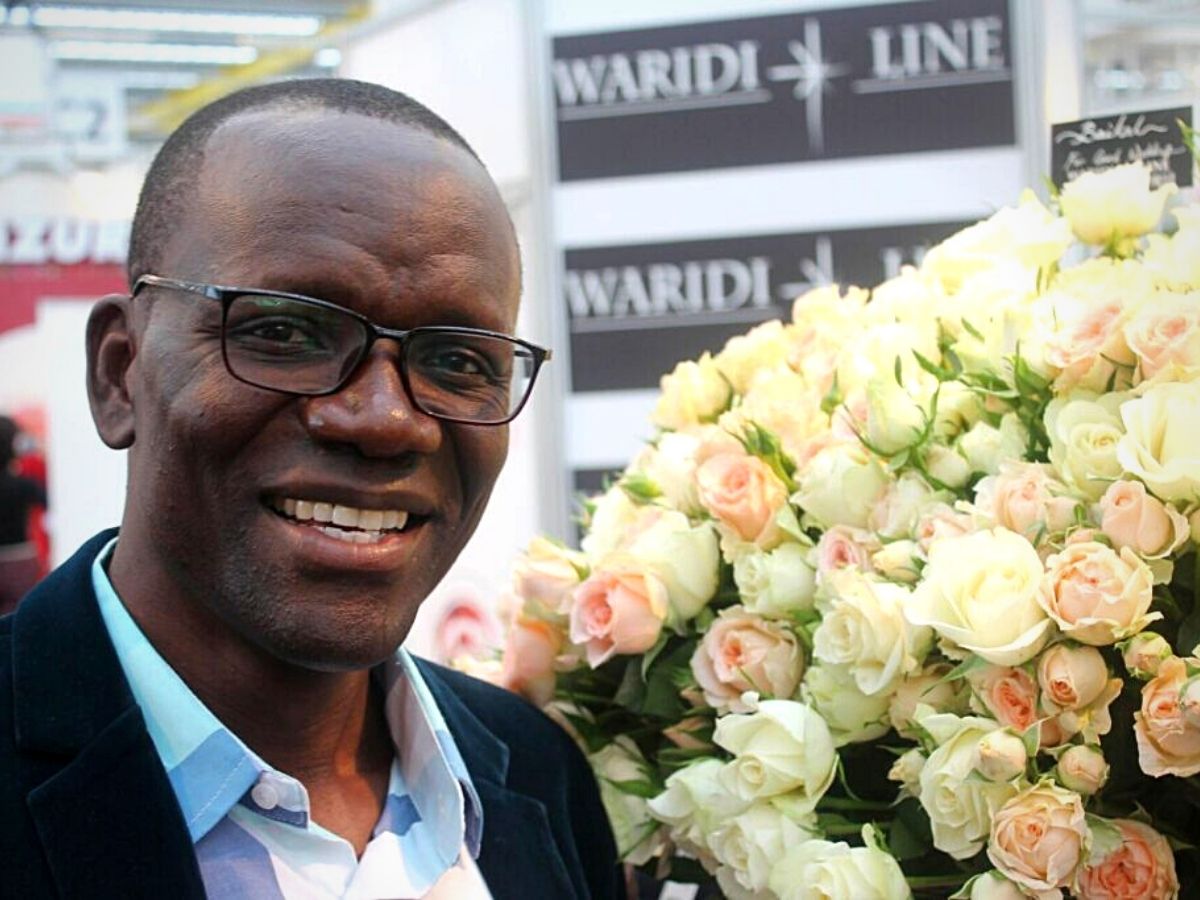
Question 2
What is so special about your job?
"What is so special about my job is that as KFC, we are at the nerve of the Kenyan flower industry. This is where the industry revolves. So there is hardly a dull day in the office. One has to always be on top of what is going on in the flower world. One has to always be ready with a solution for the different issues that emerge.
Every day has its own challenges, all of which we have to address. This means one has to be knowledgeable about the entire Kenyan flower value chain and all the other interlinking sectors. One has to always think outside the box to be able to effectively work in this industry. All these make the job interesting and at the same time special for me."
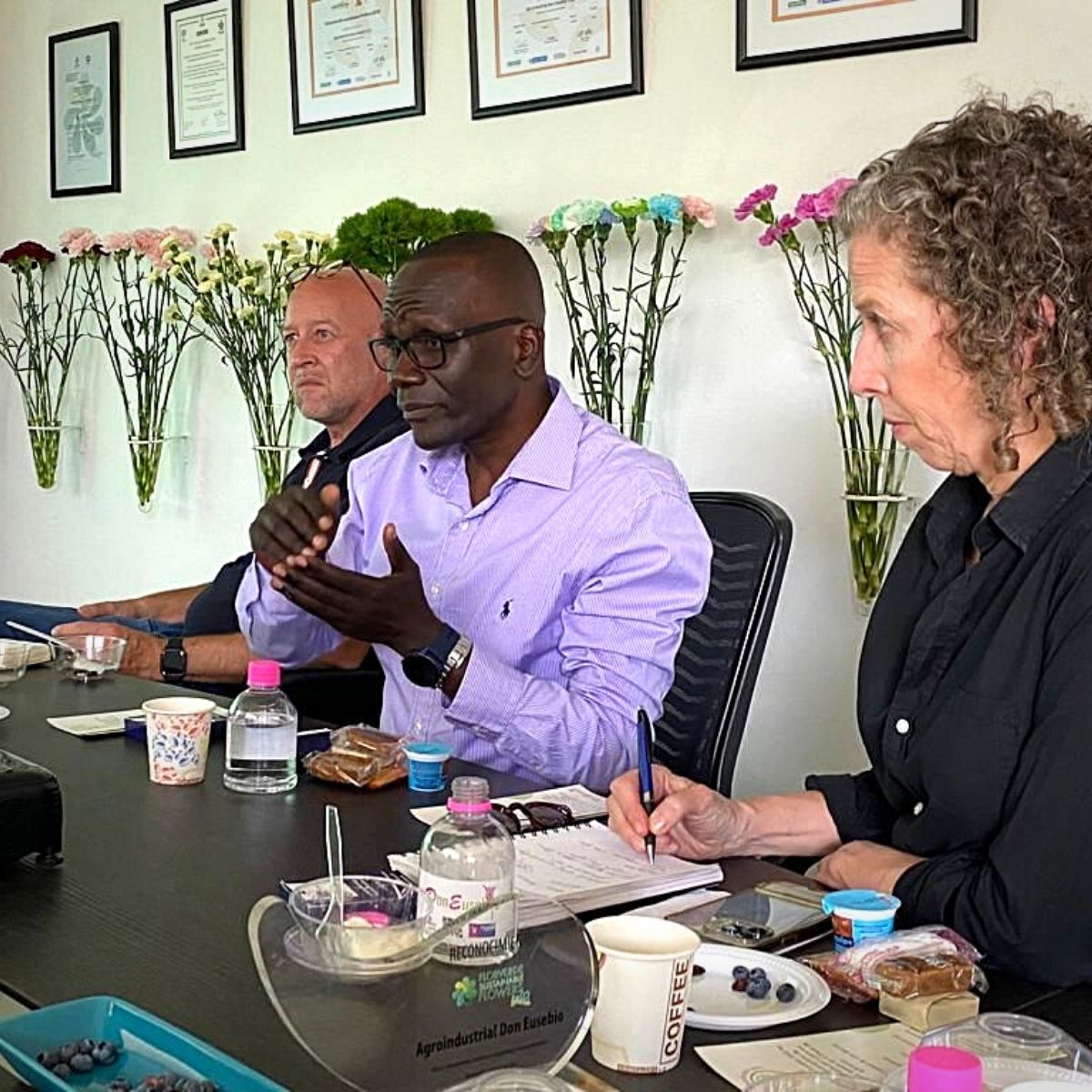
Question 3
Are there any specific challenges or obstacles you’ve faced in your job, and how did you overcome them?
"The industry, certainly, has many challenges. But the biggest one has to be knowledge and awareness. You cannot afford to be caught off-guard. As the one in charge, people in the flower industry always believe in you and that you have the solutions to the challenges that affect the industry.
They, therefore, need to continue having faith and belief in your capabilities to address these problems, because they trust that you can provide the solutions. Any mistake you make affects thousands of individuals who work in, and depend on the industry.
So, you have to be on top of the goings-on, and the ever-changing trends that touch on the flower sector in Kenya so that the solutions you provide are beneficial and favorable to the players in the industry."
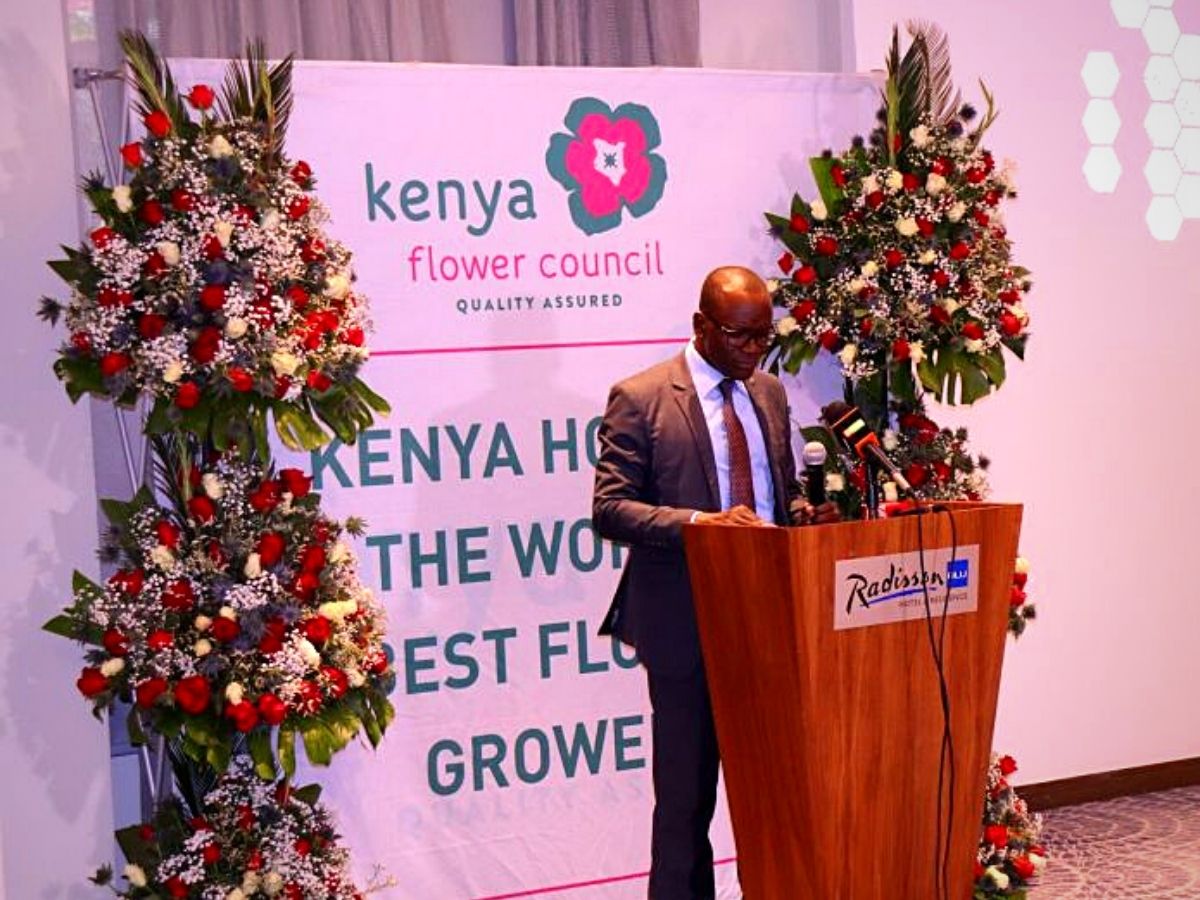
Question 4
What are the threats in the industry, and if so, do you have any solutions for them?
"The main threats in the industry are largely sectoral. First - which is perhaps the biggest challenge - is the ease of doing business. In the country’s flower industry, there are, for instance, rather random taxes. Some of these legislations and levies adversely affect the industry players by creating an unpredictable business environment.
There are other challenges as well, some of which are not major. In the marketplace, for instance, the rules and regulations sometimes change arbitrarily. Then there is the issue of tariff and non-tariff barriers which affect some markets (in different countries) making it difficult to get hold of these markets.
The sustainability issue is also quite a challenge as well. But this is usually about the perception of some individuals, perhaps, holding the belief that flower production isn't up to the required standards when it comes to sustainability. This isn't correct. The truth is that our growers observe the most optimal sustainability standards. From the flowers’ production on the farms to the markets, KFC ensures that all elements of sustainability are adhered to the latter, meaning that our flowers are painstakingly sustainably produced.
However, as a Council, we engage in advocacy at all levels to promote the Kenyan flower sector. We leverage the positive image that KFC has to work with as many people as possible - be it in the government or elsewhere - and make all the efforts to influence the right policies and strategies that support the Kenyan flower industry."
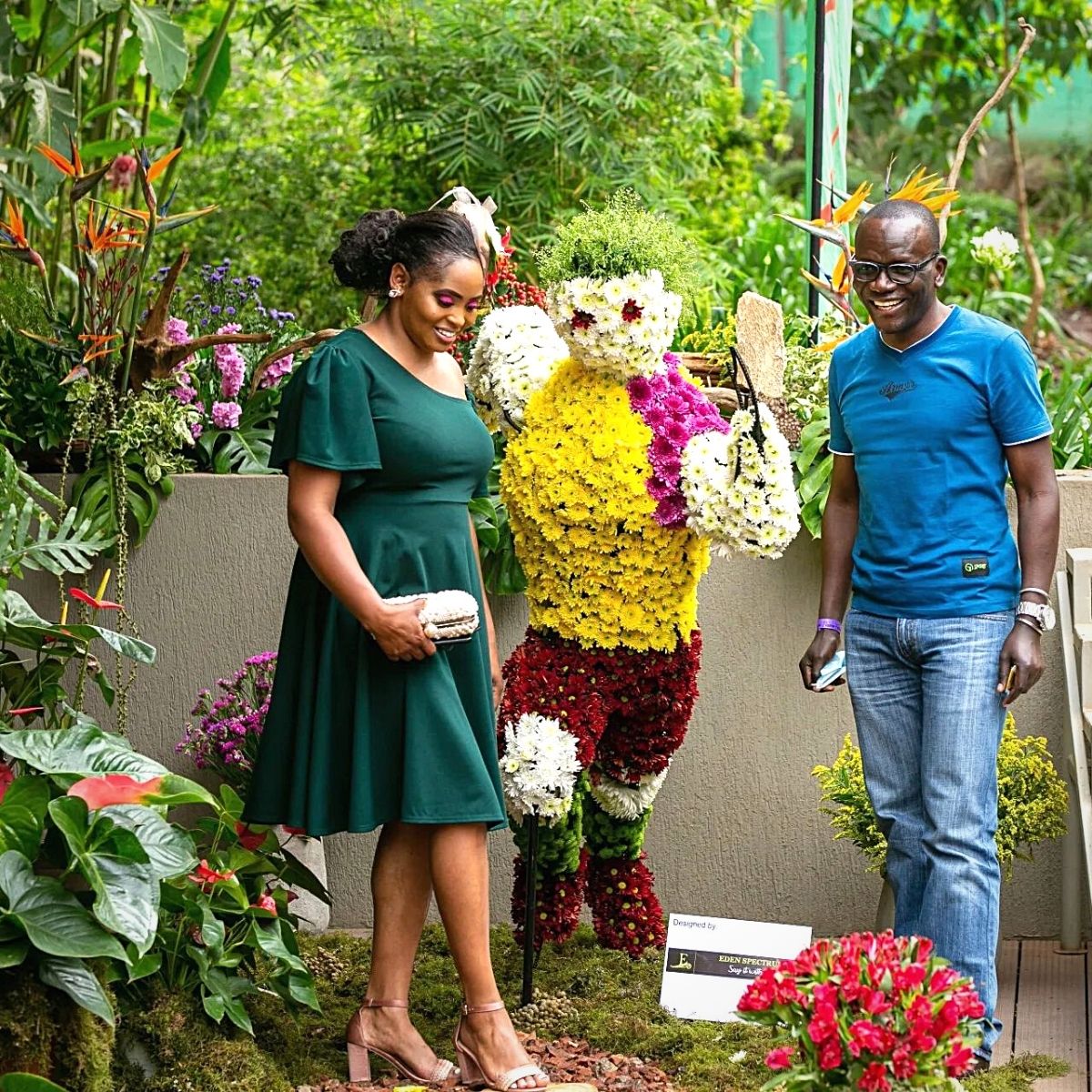
Photo by Kenya Flower Festival
Question 5
How has technology like e-commerce platforms or digital marketing affected your industry, and which strategies have you employed to stay competitive?
"We can't deny the fact that technology has done a lot for the flower industry, especially in recent days. However, as KFC, we largely focus on supporting some of these technological strategies, which are mainly deployed/applied at the business levels - between the flower businesses and their target markets.
There have been a lot of advancements in the technological sphere when it comes to the flower business. Today, most of the processes are easily done online, making trading much easier for flower companies. From marketing to logistics and procurement, virtually all processes are handled online just with the click of a button.
Even so, at KFC we do deploy technology in some of our processes. For instance, all the procedures that enable certification such as carbon measurements, fertilization, and others, (and even the certification itself) are done online. This ensures transparency and efficiency both for us and the flower growers."
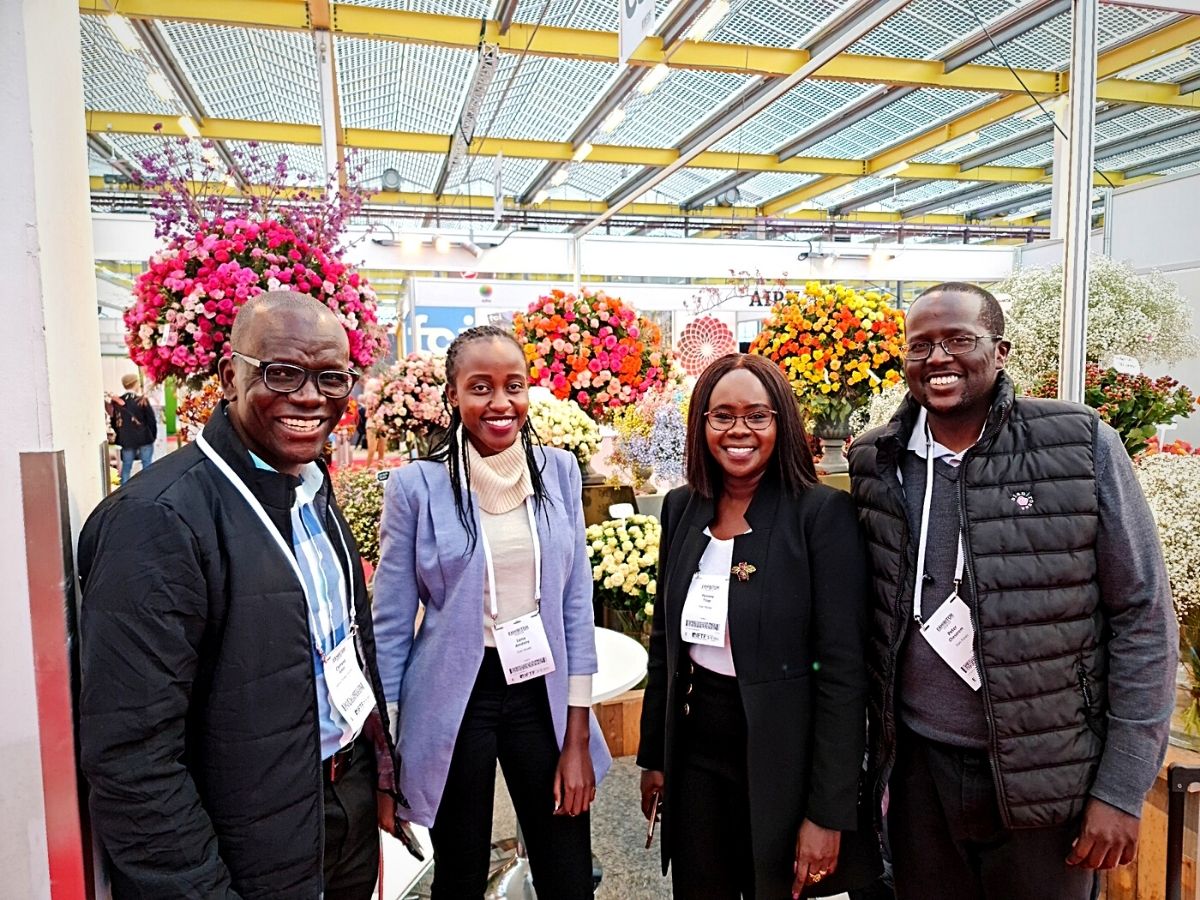
Question 6
Who (in or outside the floral industry) is an inspiring example to you? And Why?
"I have so many people who inspire me in my career. But my biggest inspiration is Richard Fox, a former chairperson of KFC and currently the director of horticulture sustainability at Flamingo Horticulture Kenya Ltd. Richard is, also, a founding member of the Floriculture Sustainability Initiative (FSI) and was also the president of Union Fleurs.
He is the kind of person who constantly puts you on your toes, and pushes you to (quickly) have a better understanding of the flower sector. He has a really deep knowledge and understanding of the Kenyan flower landscape and the industry in general.
Whenever I have a challenge that I find difficult to address, I usually call him for advice on what the next step should be. And he is always ready to assist and offer the best guidance."
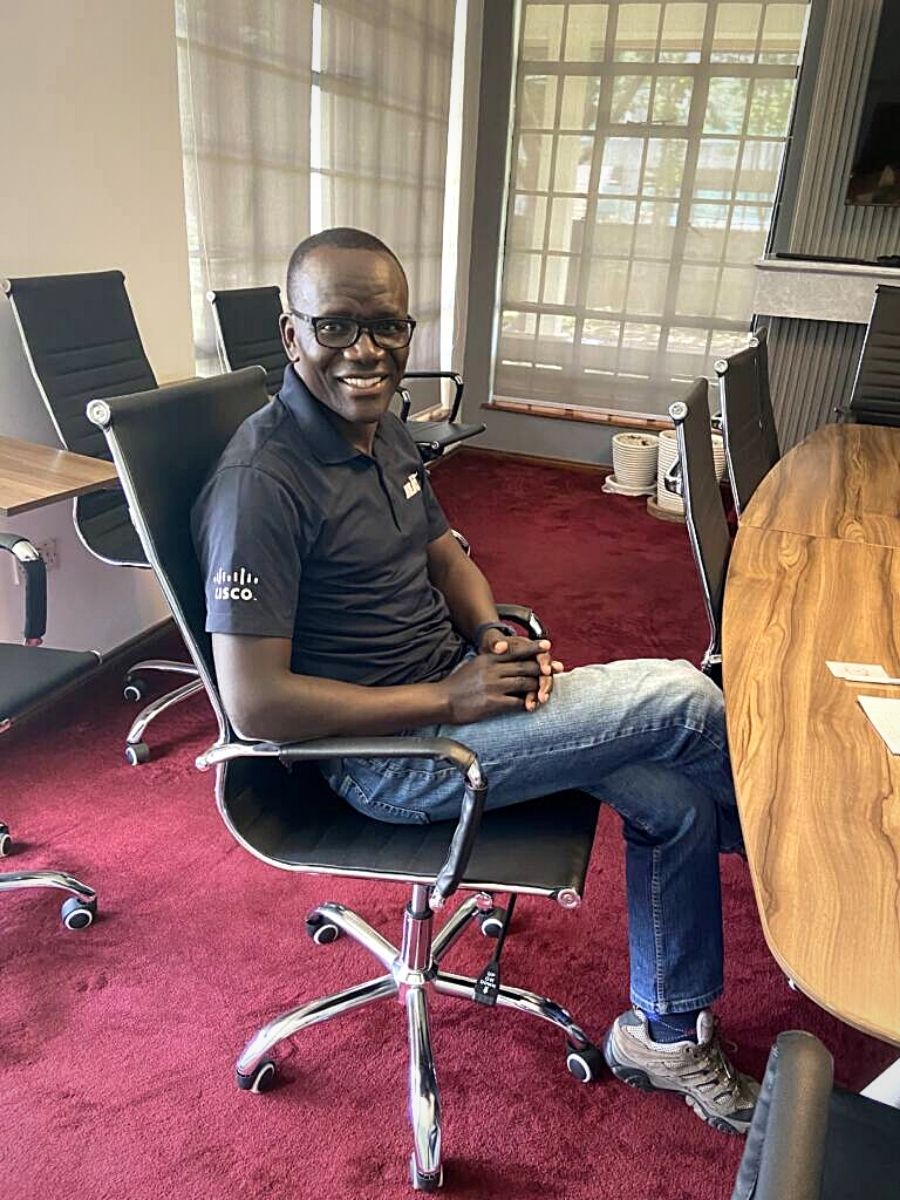
Question 7
How do you handle stress or difficult moments in your life?
"Stress is an important factor in my line of work. It keeps me going. Without stress, one takes things for granted. Many people often ask me “Are you ever stressed?” But the truth is, in this line of work, stress is inevitable.
Even so, whenever I am stressed, I usually take a moment and ask myself what it is that I can do to address the situation. Then I do it (the right thing) as soon as possible. I act immediately and without deferment. I never procrastinate. At times, I ask myself who I can turn to, to get some knowledge and insights. Then when I get the right solution, I do it with a clearer mind.
Other times, I sleep over the issue. I give myself time to really focus on how to address the issue and even consult with others, before working on it with a much clearer mindset. There are, however, other issues that are beyond one’s control. And for those, there is not much that one can do.
Noteworthy is that I do not let my personal life interfere with my professional life. I demarcate the two such that the kind of stress emanating from my personal life does not affect my professional life."
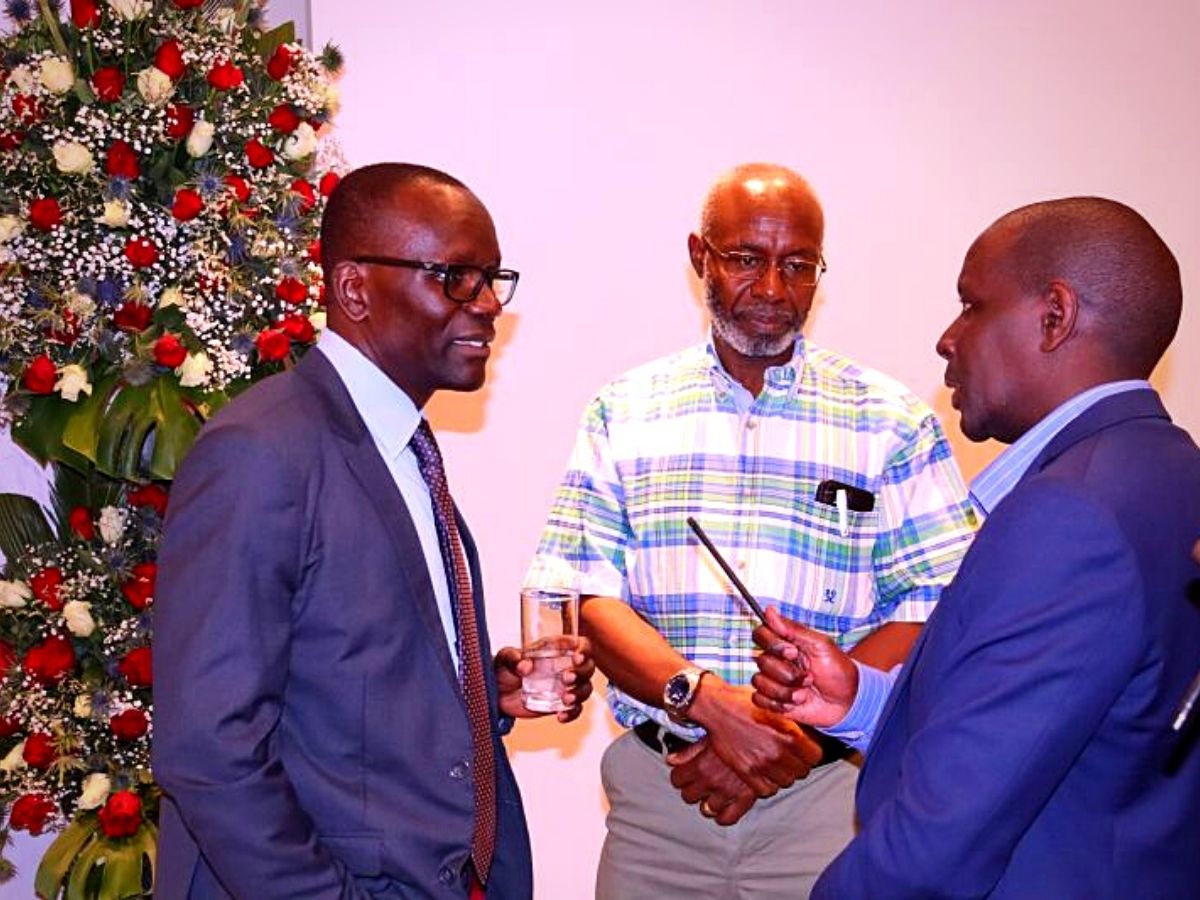
Question 8
What has been the best (floral or non-floral) news for you lately, or of the last year?
"This year’s Valentine’s Day has been the best news thus far for me. The majority of the flower growers in the country made really good sales. Since the onset of the COVID-19 pandemic, there have been issues affecting the Kenyan flower industry. From the general flower cultivation itself to the freight capacities, things were not really good.
But during this Valentine’s, the signs were positive. I’d say, the 2024 Valentine’s sales were good. Plus, we had enough freight capacity to move all the flowers that needed to be moved. The prices were also stable in the markets.
For the Kenyan flower industry, this heralds a good year. The expectation is that the rest of the year will, in the same way, be good. That is if nothing happens out of the blue to unsettle the industry."
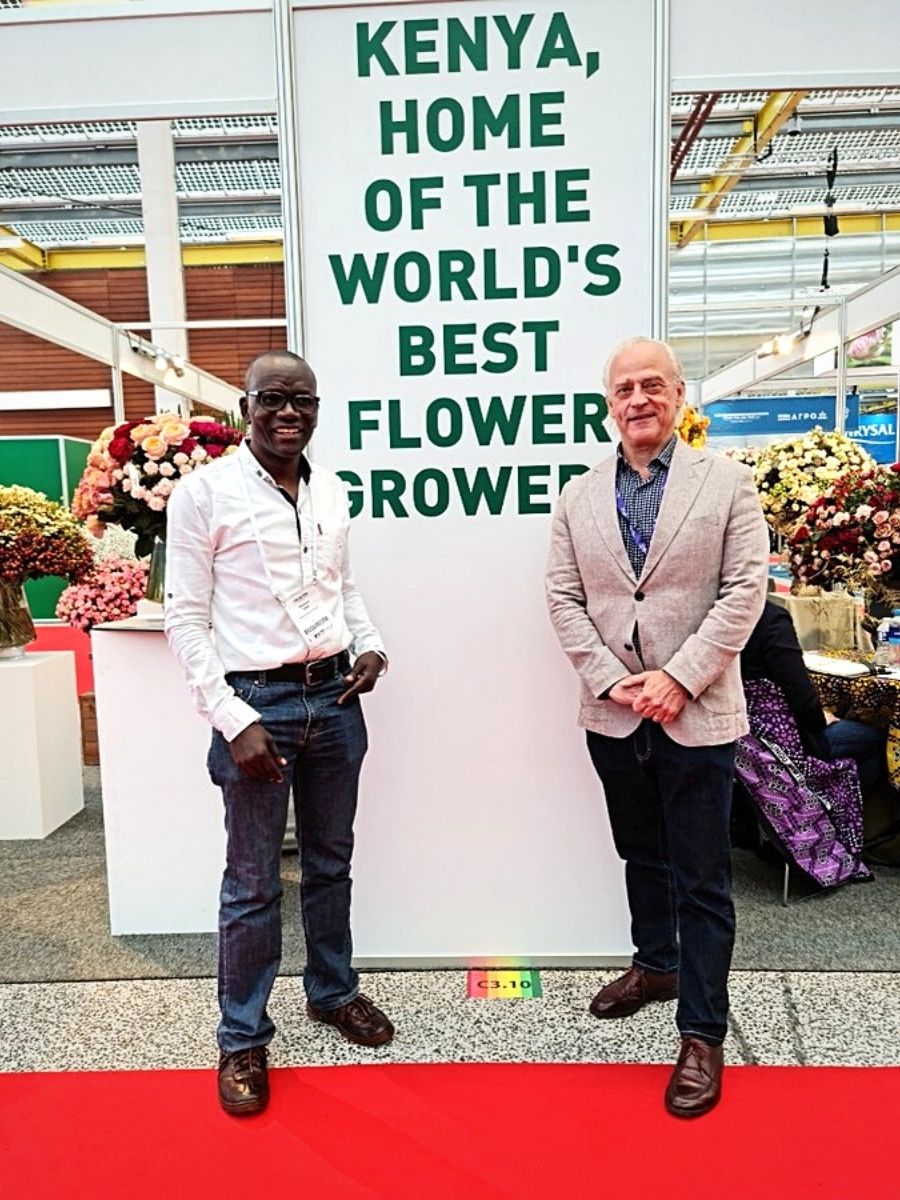
Question 9
Which is your favorite flower and why?
"My favorite flower is the hypericum. It is a really long-lasting flower that is equally beautiful. I have these flowers in my home and whenever an opportunity presents itself and I find them, I always take some of them home with me. Hypericums usually give value for one’s money."
Question 10
What are you doing this weekend?
"This weekend I intend to unwind, recuperate, and reenergize myself for the next work week. So, basically, there isn’t much that I will be doing. And this is the case with most of the other weekends as well. Unless something comes up that requires to be attended to, or there is urgent work that needs to be done.
My weekends usually entail taking walks, visiting family and friends, and doing my running, especially on Saturday and Sunday mornings."
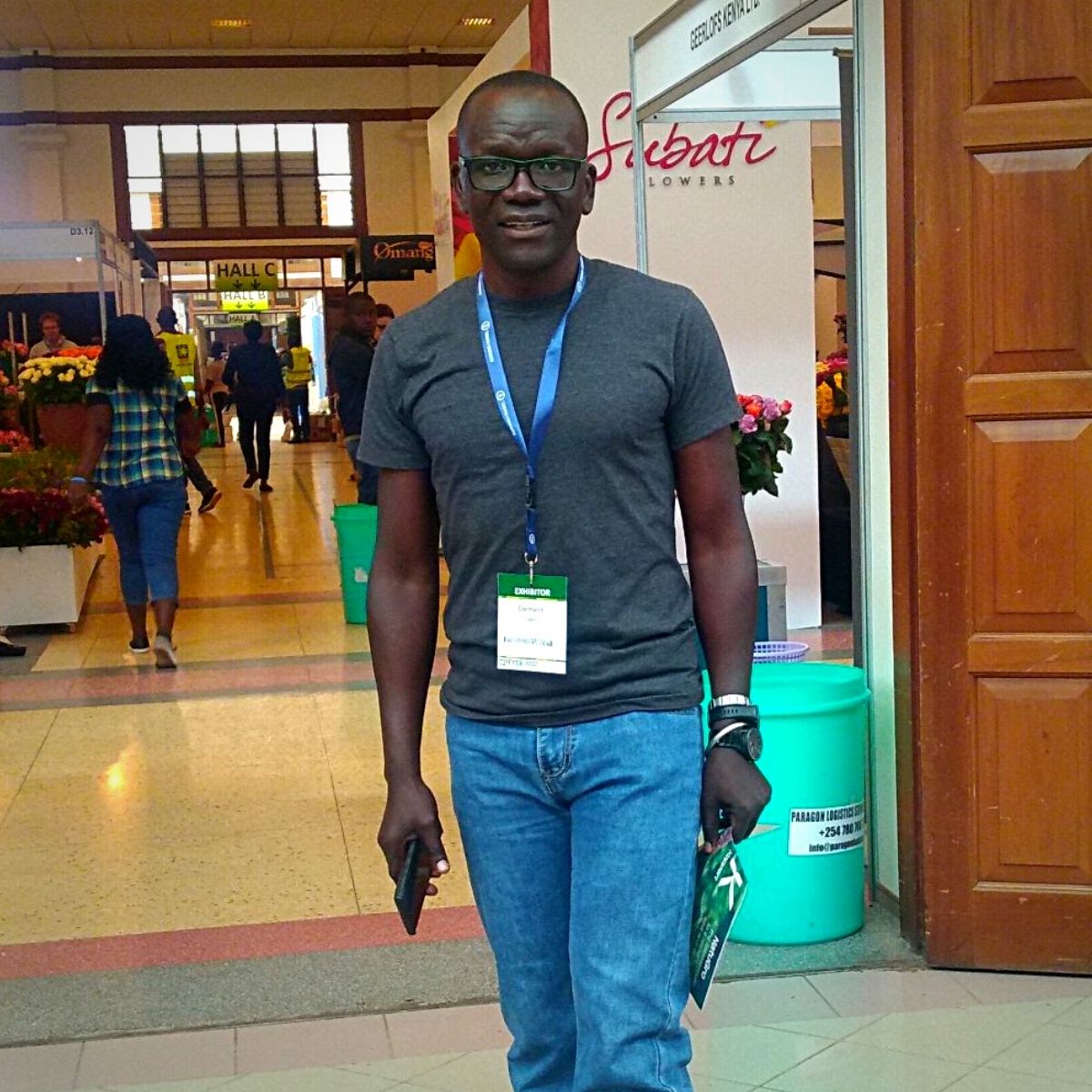
Photos courtesy of the Kenya Flower Council (KFC).

